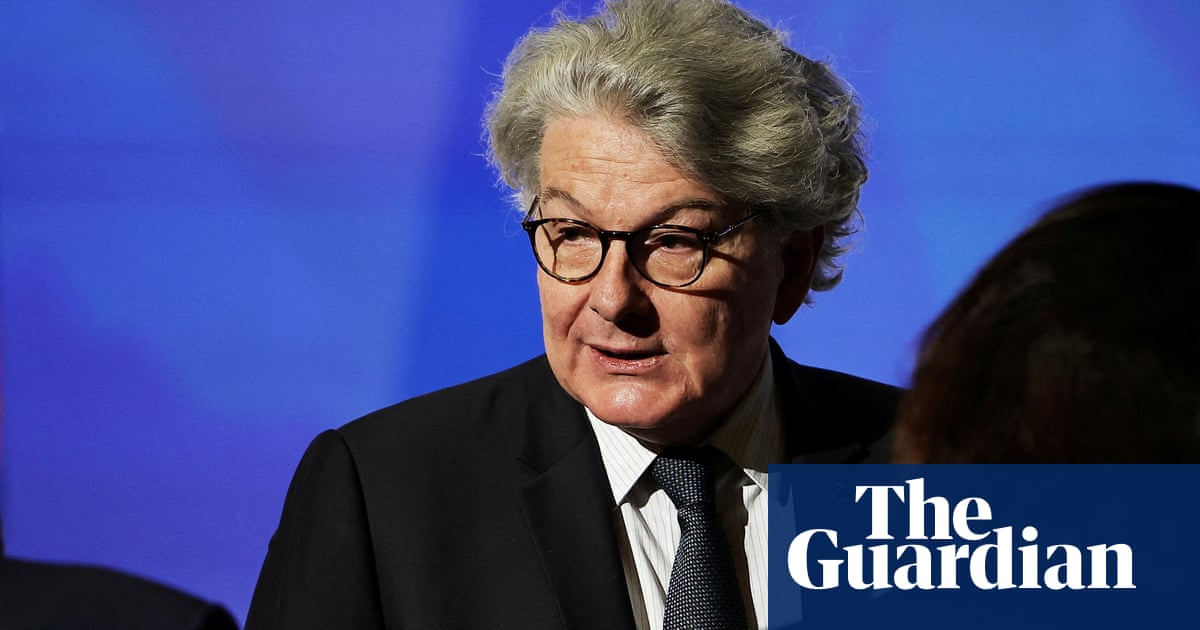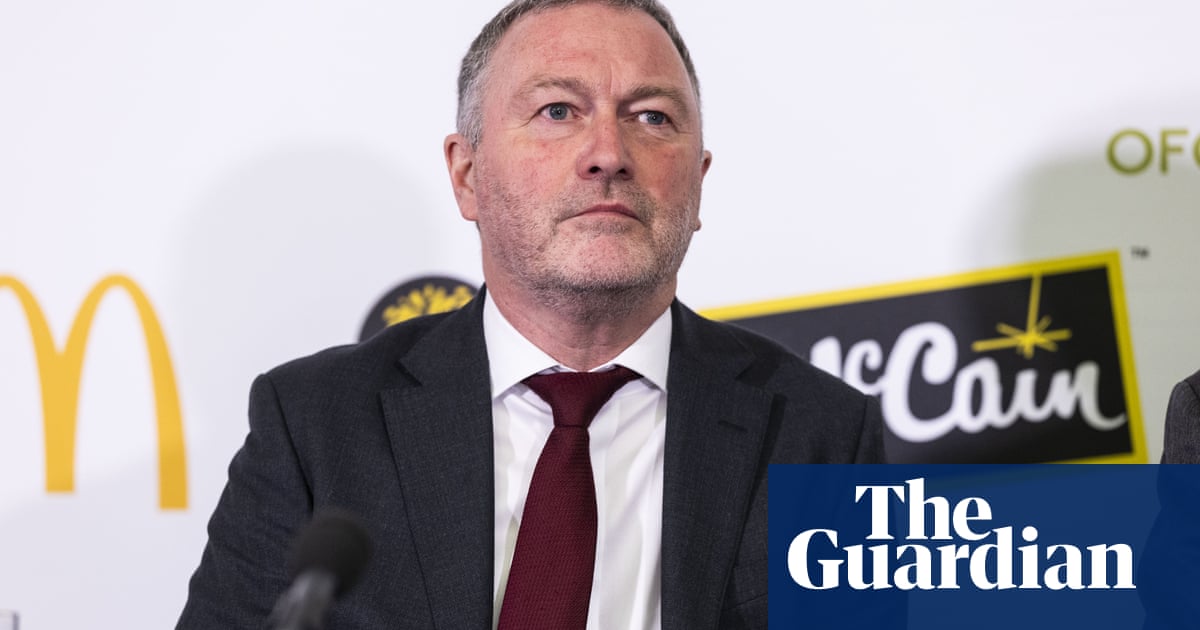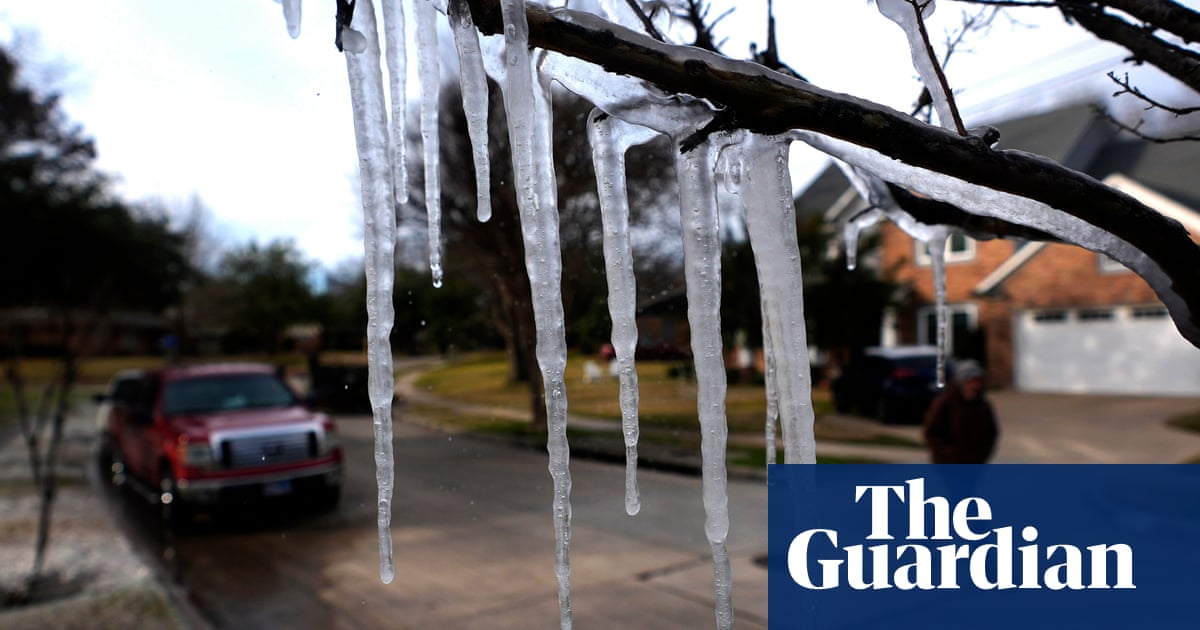Rachel Reeves has announced £40bn of tax rises on businesses and the rich as Labour’s first budget in 15 years sought to reverse more than a decade of decline in Britain’s public services.
After months of speculation since the party’s general election landslide victory, the chancellor revealed a sweeping package of tax increases she said would be vital to balance the books and turn the page on austerity.
“The only way to improve living standards, and the only way to drive economic growth is to invest, invest, invest,” Reeves said. “There are no shortcuts, and to deliver that investment, we must restore economic stability and turn the page on the last 15 years.”
At its heart was an increase in national insurance contributions (Nics) paid by employers – worth £25bn by the end of this parliament – alongside billions of pounds in increases from changes to capital gains tax, inheritance tax, VAT on private schools and the non-dom tax regime.
The chancellor said the budget was a fulfilment of a promise to shield working people from tax rises, adding that they would “not see higher taxes in their pay slips as a result of the choices that I am making today”. Reeves said she had been urged many times to reverse the the final cut the Tories made to Nics for employees, but would not. “That is a promise made and a promise fulfilled.”
That meant no tax rises on income, national insurance or VAT. She also held back from a 7p-a-litre rise in fuel duty and extending a multibillion-pound freeze in personal tax thresholds. “This government chooses to protect working people every single time,” Reeves said.
The NHS was the key winner. Reeves announced an extra £22.6bn for its day-to-day spending and a £3.1bn increase for the capital budget for this year and next.
Reeves promised “no return to austerity” and more money for schools and education. This included further investment in breakfast clubs and £6.7bn of capital investment next year – a 19% rise – with much of the money targeted at rebuilding schools with dangerous aerated concrete.
But departmental spending increases will be capped at 1.5%, lower than the 2% expected, meaning some unprotected ministries including the Home Office and Department for Transport will have their budgets squeezed.
In its analysis, the Office for Budget Responsibility said Reeves’s choices meant spending would increase by £70bn a year, and taxes as share of gross domestic product would reach a record high.
In a blow for Reeves and Keir Starmer, the OBR’s growth predictions have worsened, with an annual increase of 1.6% by 2029, far short of Labour’s target. The chancellor blamed this on the “black hole” in public finances she had been left and the fact the original forecasts were based on incomplete information provided by the previous administration.
In a historic budget as the first by a female chancellor, Reeves said the difficult tax-raising choices she had made were required to stabilise the public finances after receiving a dire economic inheritance from the Conservatives.
“To begin a decade of national renewal. To fix the foundations and deliver change, through responsible leadership in the national interest. That is our task, and I know we can achieve it,” she said.
The sweeping changes were expected to draw renewed criticism after Labour pledged during the election campaign that only minimal tax rises were required to deliver its spending plans.
Businesses start paying Nics once a worker earns £5,000, rather than the existing £9,100 threshold, with the rate the employer pays increased by 1.2 percentage points to 15%.
Opposition MPs and business leaders have accused the government of playing fast and loose with its definition of “protecting working people”, and said that hitting employers hard with large tax rises would ultimately affect workers in the form of job losses and lower wages.
after newsletter promotion
Starmer said earlier this week that the government would “embrace the harsh light of fiscal reality” as he blamed the Conservatives for leaving Britain in a dire state after years of economic mismanagement.
Reeves said tax increases were required in the budget after finding a £22bn “black hole” in the public finances she claimed had been covered up by the Tories, which she said would have persisted over the next five years without immediate action.
The chancellor also confirmed she would relax the Treasury’s self-imposed fiscal rules to allow additional borrowing for investment in infrastructure, which she said would be vital for rebuilding Britain’s economy.
“These fiscal rules will ensure our public finances are on a firm footing, while enabling us to invest prudently alongside business,” Reeves said.
Other key measures Reeves announced were budgets for the first time to compensate victims of two scandals, £11.8bn for the infected blood scandal and £1.8bn for the Post Office Horizon scandal.
The chancellor said she would press ahead with a squeeze on the work capability assessment, likely to affect tens of thousands of those on disability benefits, which is expected to raise £1.3bn.
Tobacco and alcohol duty will rise, apart from on draught, with a penny taken off pulled pints offering a fillip to pubs. The soft drinks sugar tax will also go up, and a new tax will be introduced on vapes from October 2026.
Reeves spent significant time at the start of her speech laying out the charge sheet against the Conservatives’ measures, promising to set out “line by line” the state of her economic inheritance. She blamed Tory austerity, the Liz Truss “mini-budget” and most notably, the Brexit deal, for the impact on the country’s finances and the state of the public services.
She said the OBR had concluded it had not had the full picture when it had made its spring forecast under the previous chancellor, Jeremy Hunt, a claim he has vociferously denied. “Never again we allow a government to play fast and loose with our public finances,” she said. “Never again will we allow a government to hide the true states of our public finances.”

.png) 2 months ago
18
2 months ago
18













































